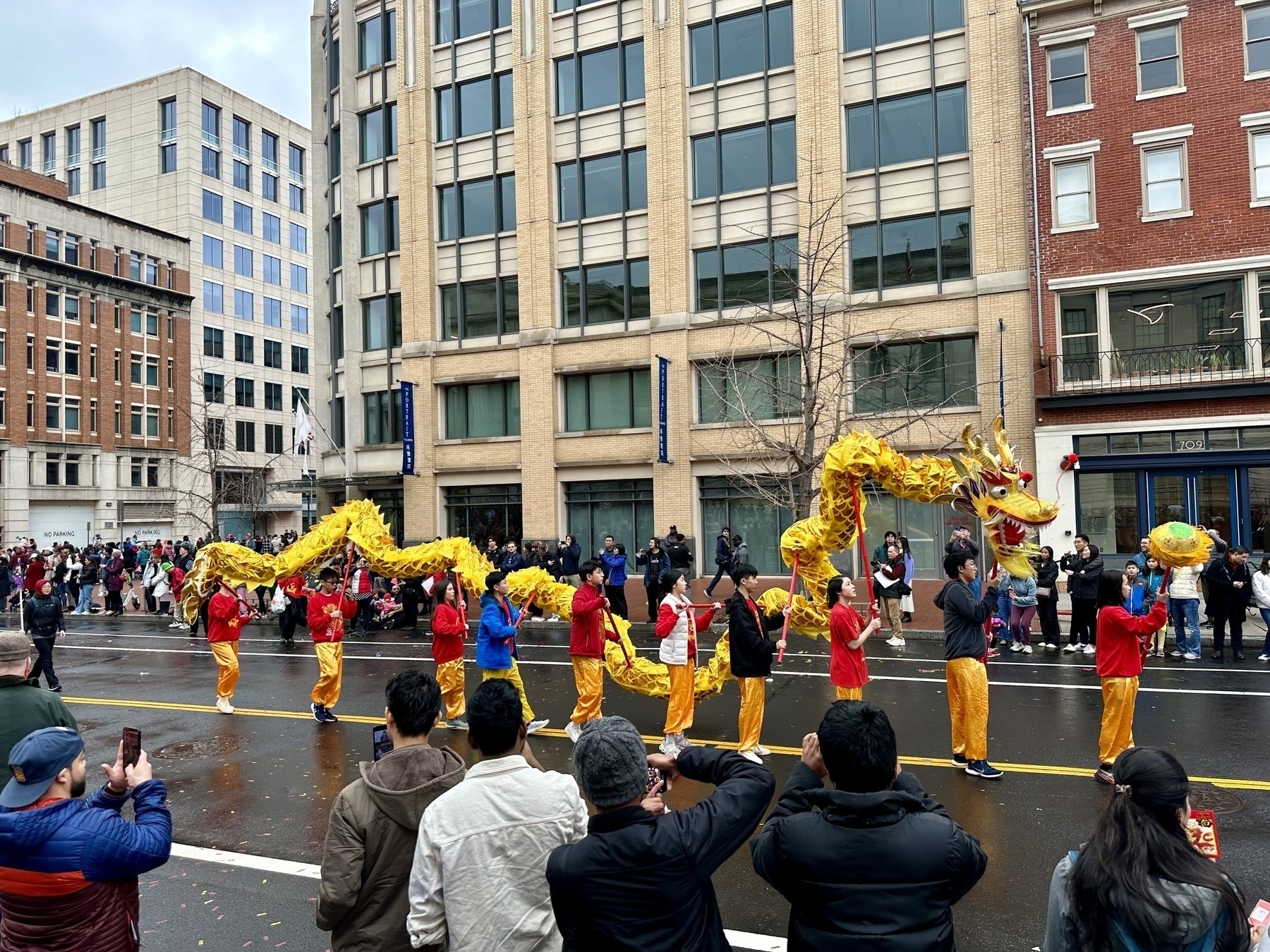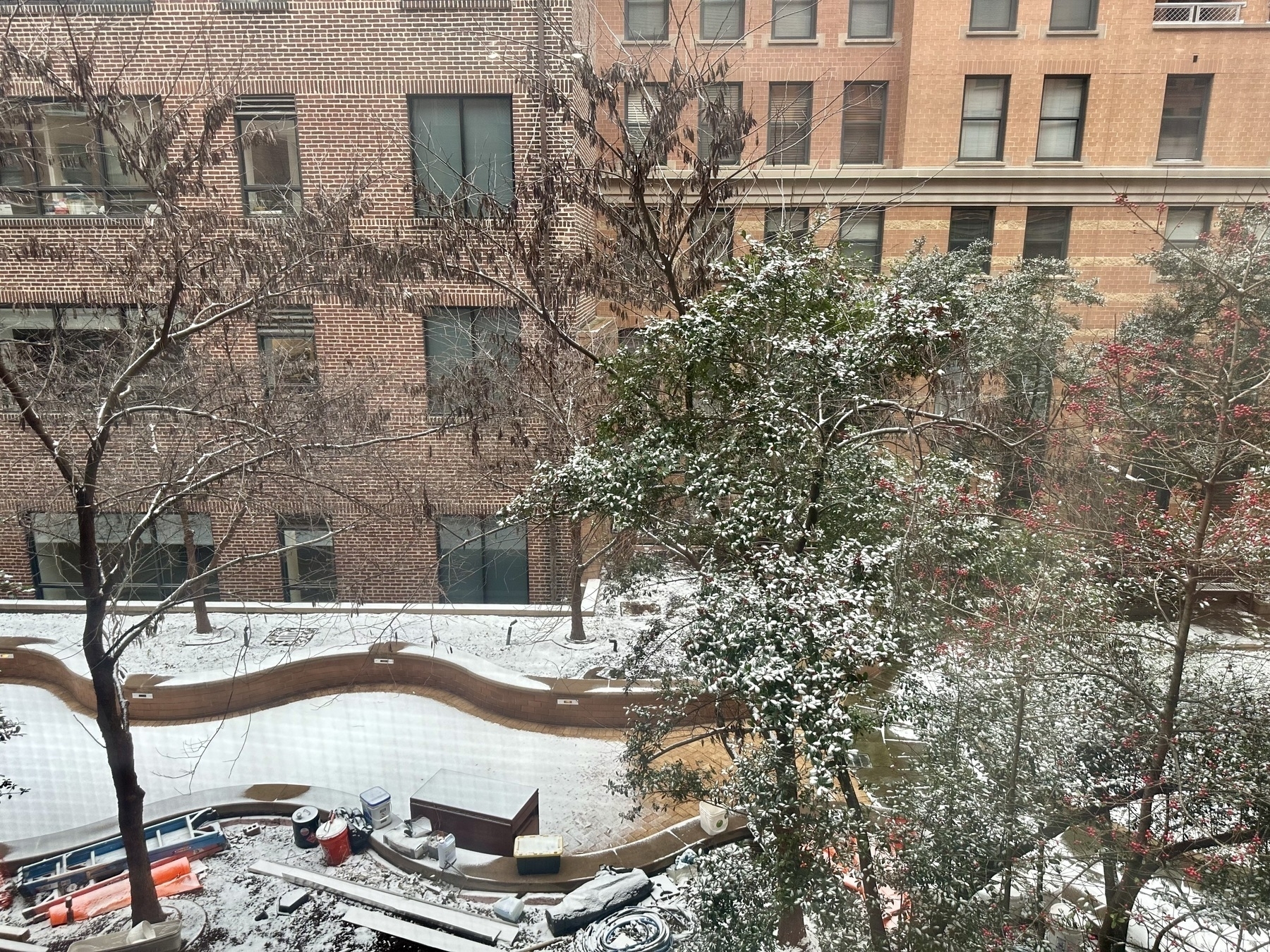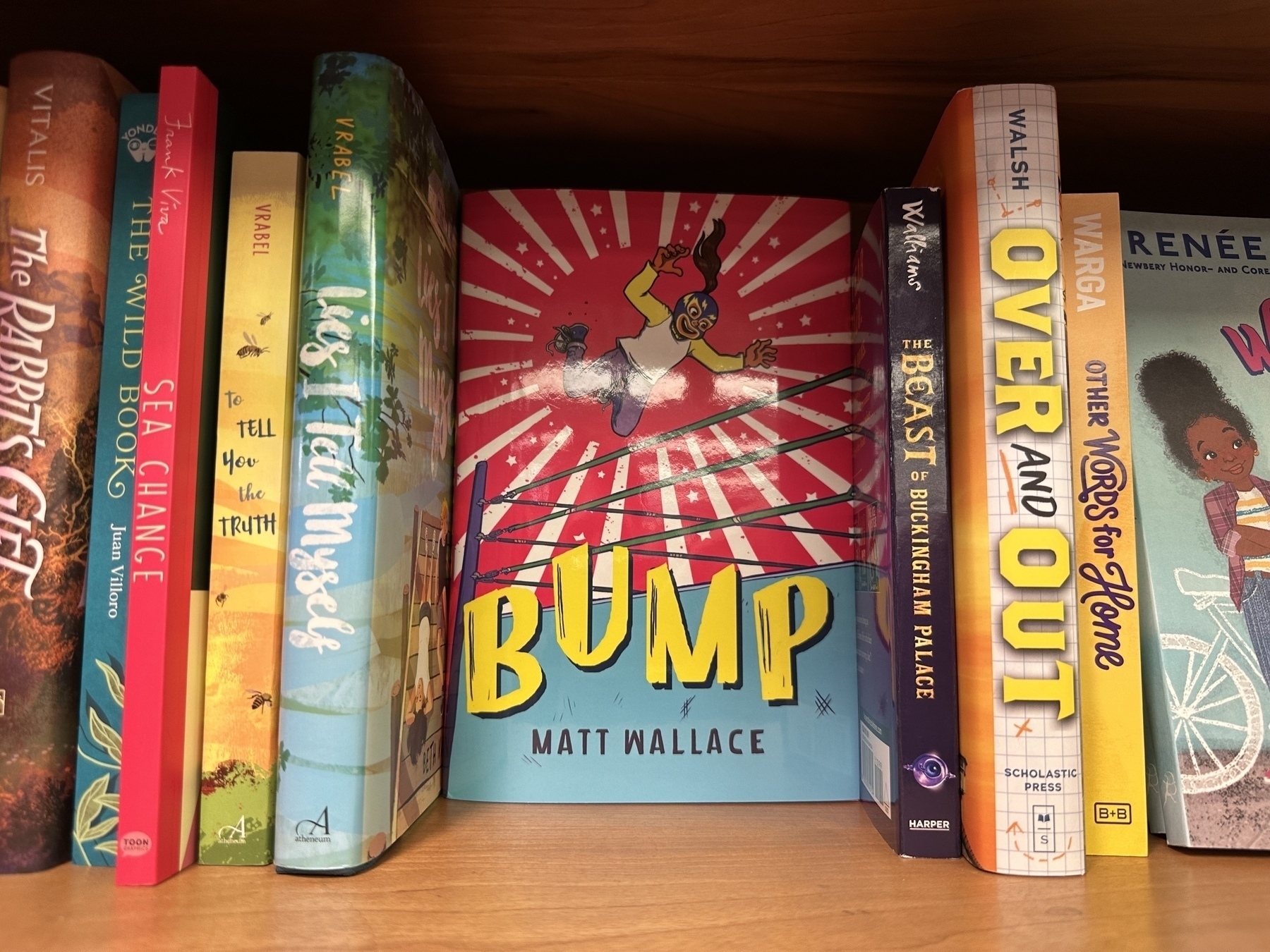The DC Mayor is not looking good at all this week. Writing about the crime in DC, I may have hinted, several times, that it’s the District Council’s bad lawmaking which led to the great crime wave of 2023. Well, a pseudononymous but (a bit too) well-informed Substack writer has recently outlined why that just isn’t so: most of the responsibility falls on the executive branch, that is to say the Mayor and her office. Ineffective council members are but convenient scape goats. Go figure.
The Washington Post has a history of the Wizards' plan to move to Virginia, and no one looks good: the Wizards' owner Ted Leonsis is a billionaire whose feelings got hurt for not getting a fruit basket from the city, DC mayor Muriel Bowser and her office are slow on the uptake, loosing two birds in hand (the Wizards and the Caps) for one in the bush (the Commanders), DC council is values street busker’s “freedom of expression” to play music over an amplifier in the wee hours over noise complaints of businesses and residents. Only the Virginia governor Glenn Youngkin would seem to know what he was doing, but that is only because the article left out some major deficiencies of the proposed new site and of course without his pushing of the project none of this would have happened.
And all that drama for the second-worst team in the NBA this season. Sad.
It was a wet and cold Chinese/Lunar New Year parade yesterday, but great fun nevertheless. Happy New Year to those who celebrate!

The Capital Weather Gang is as good of a local weather forecasting service as it can get, but I don’t understand their daily digits — “a somewhat subjective rating of the day’s weather, on a scale of 0 to 10”. Yesterday was a beautiful winter day: crisp air, blue sky, snow still on the ground for children and adults to play with. Sure, it never went above 30°F but isn’t that why we have winter clothes?
Their rating? 3 out of 10. What a bunch of wusses.
❄️ After two snowless years, we now have our second snow day, almost back-to-back. With Monday’s MLK day and Wednesday’s delayed opening, did kids have had a grand total of 1.5 days of school this week.
The response in parents' chat groups: tears in pre-K, an equanimous thumb up in 6th grade.
❄️ There is Christmas and there are birthdays, but then there is finding out that tomorrow is a snow day and the joy that lights up children’s faces when you tell them is second to none.
The first snow of the year. Meager for now, but more is on the way tonight. The kids were ecstatic.

Always good to see a friend’s work out in the wild. This is Bump by Matt Wallace in the tweens section of Politics and Prose.

“The Protagonist of an Endless Story” by Angel Rodríguez-Díaz is a 1993 portrait of Sandra Cisneros, whose 69th birthday was yesterday. It would have been even more striking had my iPhone not decided to paint the National Portrait Gallery’s teal wall blue.

The best newspaper article I’ve read in ages is also about government dysfunction. The Washington Post lays out in great detail all the ways in which much of D.C. is vulnerable to flooding, and some of the ways to overcome it, yet:
It is the quintessential story of how Washington works that none of these proposals has reached senior decision-makers. That’s because more than a dozen federal agencies own land and buildings there, each with its own congressional appropriation committee to please.
But that is just a wrinkle in a dissertation about climate change, urbanism and governance. Highly recommended.